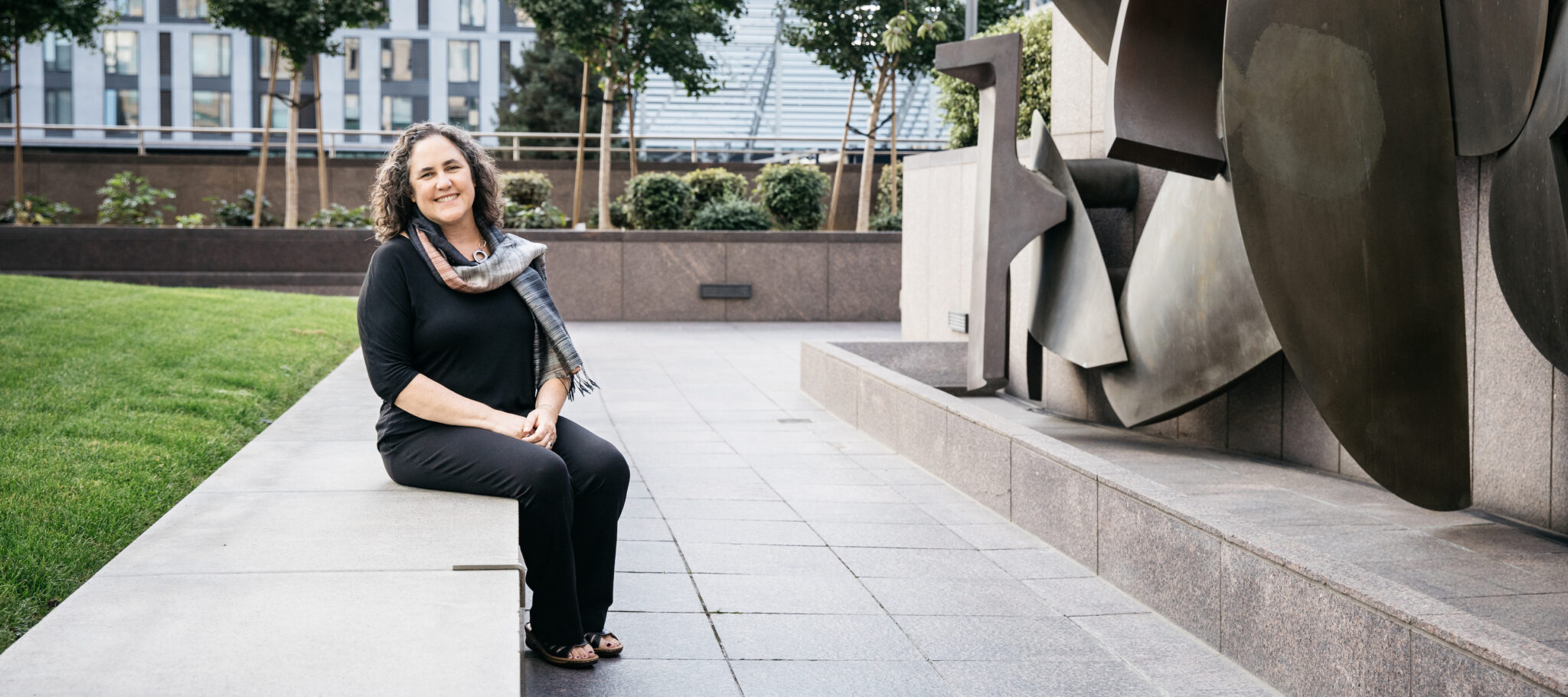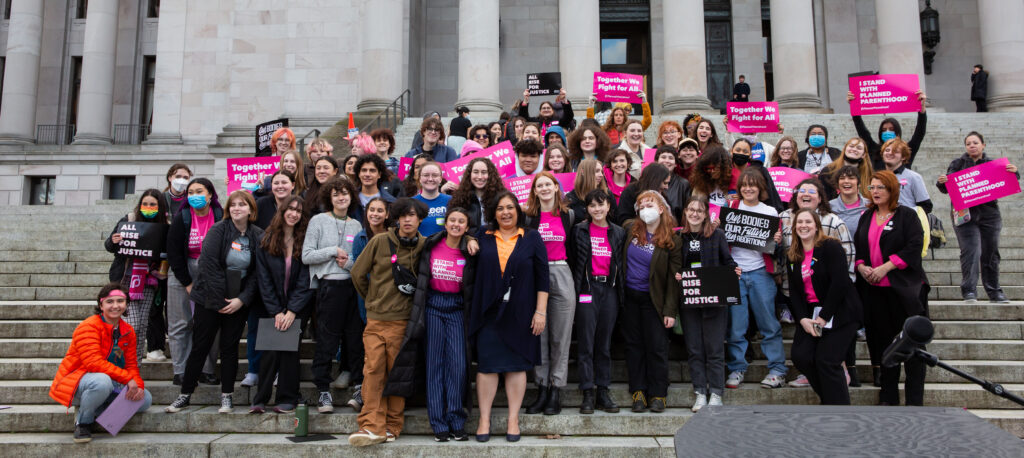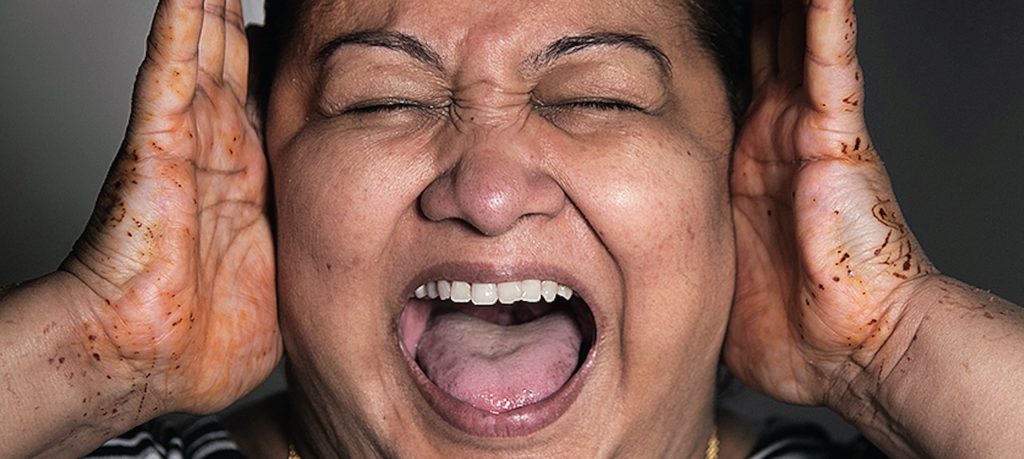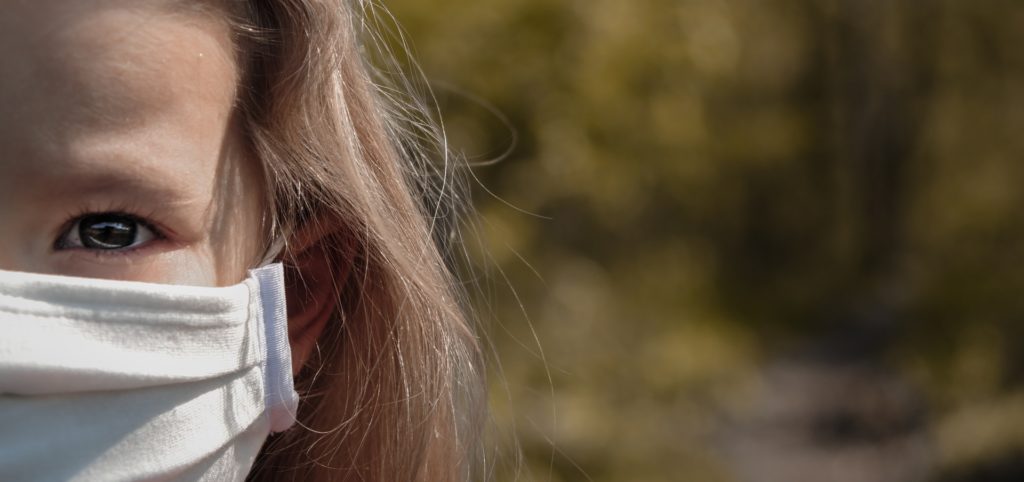Demographer Diana Greene Foster ’92, Ph.D. ’98 has spent her career seeking to learn what happens when women are denied abortions. She documented those consequences in The Turnaway Study, her groundbreaking research project whose conclusions offer insight into the ways getting an abortion – or being denied one – affects a woman’s mental and economic health.
Dr. Foster, a reproductive health professor in the Department of Obstetrics at the University of California-San Francisco, regularly interviewed nearly 1,000 women over a span of five years and found those who’d been denied an abortion experienced worse economic and mental health outcomes than the cohort that received care. Over the longer term, women who were denied an abortion and subsequently gave birth reported worse health and greater chronic pain compared to those who were able to terminate their pregnancy.
Around 95 percent of study participants who received an abortion said they made the right decision.
“In a nutshell, the study shows that we can trust people’s decision making about this because they can foresee the consequences of having kids before they’re ready,” Foster told California. She added that the Supreme Court’s Dobbs decision in 2022 to overturn the constitutional right to an abortion has only encouraged her to conduct more research into the social consequences of being denied one.
In 2023, Foster won a MacArthur Fellowship for her work on The Turnaway Study. The prize, often called “the genius grant,” is awarded to 20 Americans annually with a no-strings prize purse of $800,000.
The discussion has been edited for length and clarity.
I’m interested to learn why you decided to study reproductive health and devote your research to understanding the impact on women who’ve been denied abortions. Was there a seminal moment when you felt this was your calling?
Foster: At UC Berkeley, I did a minor in demography, which is a field of statistics having to do with people. It’s pretty much everything interesting about human life that can be measured. So I learned all the techniques to study fertility, mortality, employment, education, and decisions to parent.
When I went on to get a Ph.D. I was super quantitatively trained. And this question, ‘What are the consequences for people of getting an abortion?’ can be a quantitative question. We can look at this empirically. So I happened to have the skillset that was needed to look at this very political question that was timely because at the time that I started the study, there was a lot of conversation about whether abortion hurts women.
Abortion is something that somewhere between one in three and one in five American women will have in their lifetime. And if it hurts people, we need to know. Or, is this just a political slogan? ‘Abortion hurts women.’
At UCSF, one of the doctors said to me, ‘I wonder what happens to the people we turn away.’ It was a light bulb in my mind to understand the consequences for people who want abortions, whether they get it or they don’t get it. You can’t just study women who get abortions because you don’t know how they would feel if they hadn’t gotten that abortion. But when there are people turned away, then there’s a natural comparison group.
One of your ongoing studies now follows up on the Turnaway Report to focus on how people needing abortion care are navigating the confusing array of state laws after the U.S. Supreme Court’s decision to overturn Roe v. Wade. What can you share so far about any preliminary findings?
Foster: What we see is consistent with some other data that has come from other sources on the vast amount of travel that is happening in our country. Truly, tens of thousands of people are crossing state lines to get abortions.
All of this can impact their mental health because they can be convicted, they could be charged for doing such a thing, and even doctors themselves can be investigated. When we compare them to people who got their abortions before the ban was in effect, they’re having their abortions 10 days later because they had to travel and raise money and navigate the system. So it’s delaying women and it’s costing them more money. But people seem to be mostly getting access to abortions to a surprising degree. They are able to circumvent their state laws and we’re going to learn in maybe six months what happens to birth rates in these states.
In the next few years you’ll be studying reproductive health in countries such as Nepal. Why did you want to turn your focus to outside North America?
Foster: I’m working with scientists in Tunisia, Colombia, South Africa, Bangladesh, and Nepal to look at places where abortion should be legal. Just because the law says that abortion’s legal doesn’t mean everyone’s able to access care, and right now we have a very large study in Nepal of over 1,800 women who sought abortions, some of whom got their abortions and some of whom didn’t.
The context in Nepal is just so interesting. It’s the poorest country in Asia, and not being able to take care of your kids can mean not having enough food to feed your children. It’s also a country where producing a girl is very hard for a woman’s status.
As a visiting professor, you’ve returned to UC Berkeley to teach a course you took while enrolled here, then called Population Issues, now named Sex, Death and Data. Why did you decide to teach this course?
Foster: It’s a survey course of a whole bunch of topics in demography that have to do with fertility and mortality.
There’s just tons of interesting things to talk about that undergraduates should know about the world and the incredible progress that has been made in reducing child mortality and maternal mortality. The news focuses so much on bad news, and we lose sight of this profound change that is happening to human populations that we now have. It’s a super interesting time to be alive and to note the dramatic changes in sex and health and well-being.





















